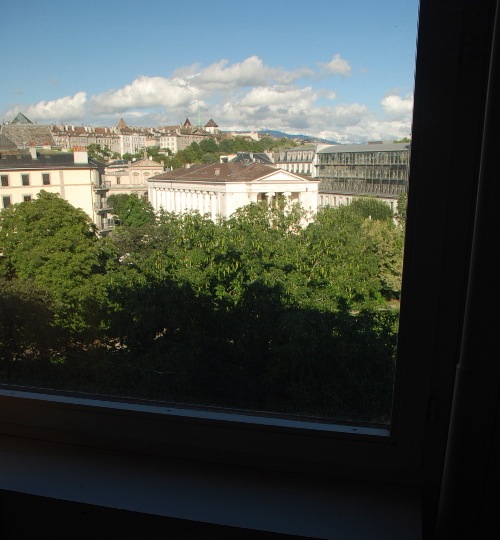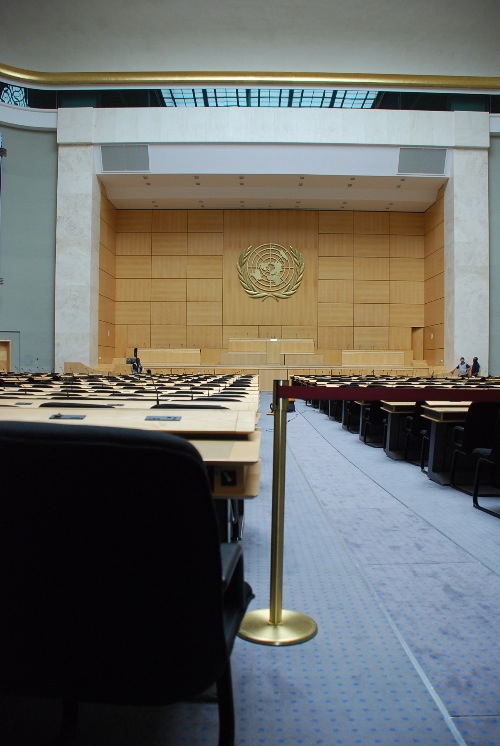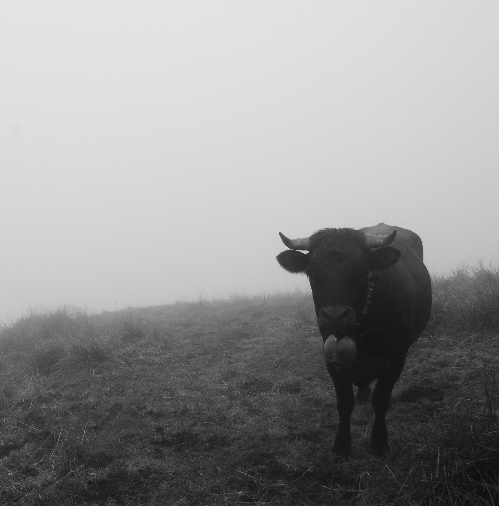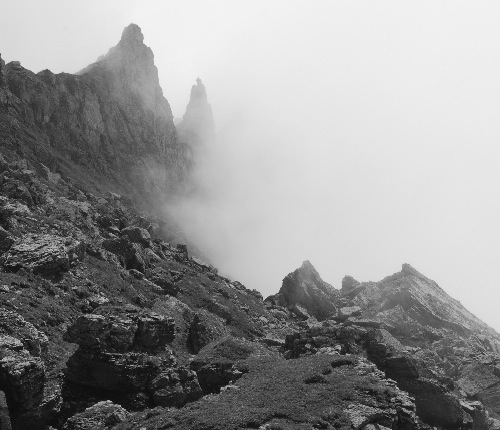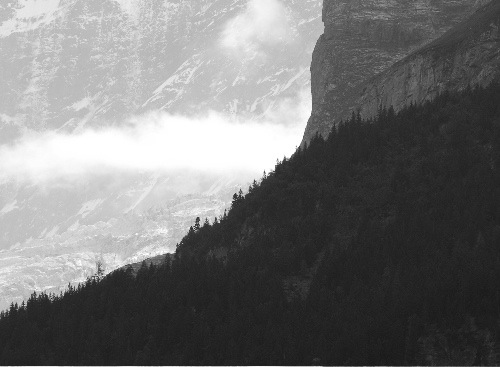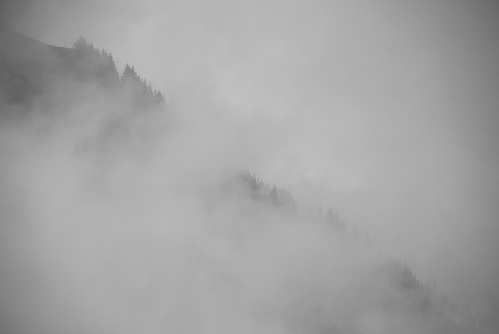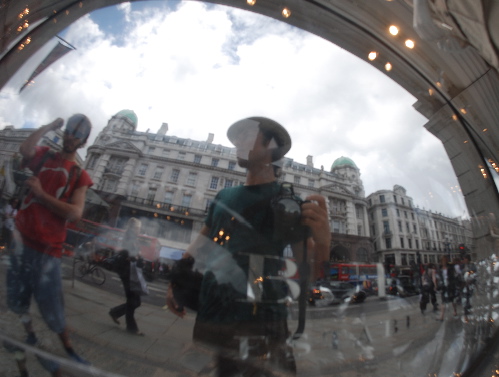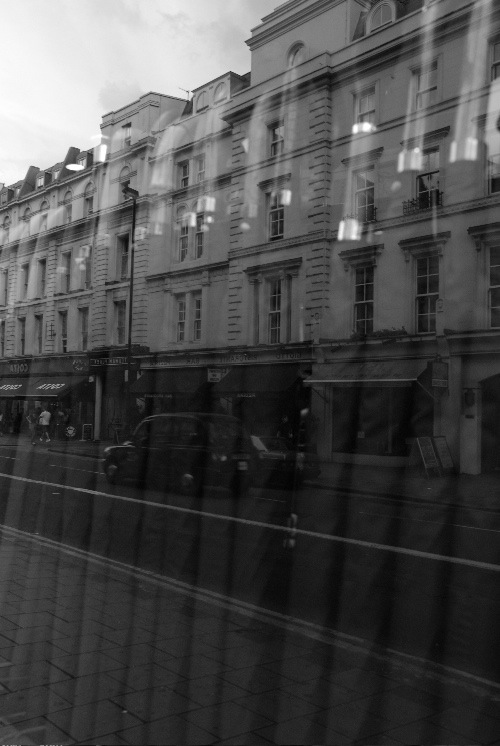This is the view I see looking out of my friend Ben’s apartment window. That area of buildings in the back is Old Geneva. The other day I was sitting in the park around the corner and I kept hearing people speaking different languages, often English. This city may only have the population as Hobart, Tasmania (around 200 thousand), but it is much more cosmopolitan, and feels much larger because of the more densely spaced living quarters.
Today I walked, through extensive security checks, into the Palais des Nations, a central building of the United Nations here in Geneva. The big HQ of the UN is in New York City, but the second largest centre for the UN is here in Geneva.
The 192 states which have membership in the UN each get a vote in the General Assembly, the most important forum in the UN (this bit is actually in New York). But it doesn’t sound very democratic to me. I was in Samoa a while ago and there are only about 200 thousand of them. Why should they get the same vote as China with over a billion people? As our tour guide continued to talk about the comprehensive membership coverage in the UN I found myself wondering if Tibet or West Papua are two of the 192 nations that get a voice in this international talk shop. Get real Tom: of course they don’t.
The view from the softly padded diplomat’s chair… I have to admit that the idea of day long sittings in such places, arguing fine points of language in shared declarations, would send this citoyen running screaming into Lac Leman. But they do good stuff. To use an example you might not expect, a committee of the UNESCO World Heritage program is currently looking into the evils of logging practices on the edge of a world heritage area in south-west Tasmania. I hope they shame Australia on the international stage on that point.
In a week or so I’ll be in France, and not too long after that, back in Western Australia.
